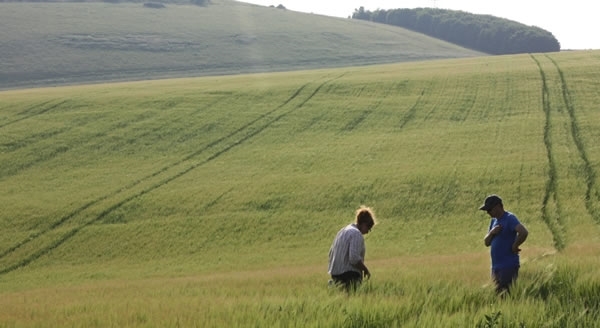
It is with great interest that we read about the long-term decline in the biomass of flying insects on German protected areas ('Warning of 'ecological Armageddon' after dramatic plunge in insect numbers', October 18).
The Game & Wildlife Conservation Trust (GWCT) carries out two long-term surveys of insects on farmland in England - the Sussex Study (1970 to present) and at our demonstration farm in Loddington (1992 to present).
In the Sussex study, over 100 cereal fields are sampled every year which has revealed declines of 35% overall in the total number of invertebrates compared to the 87% decline in the biomass of flying insects found in Germany, with most of the decline in Sussex happening in the 1970s.
However, for insects that are chick-food for declining farmland birds, we found declines of up to 72% from 1970 to 2015, with 45% of invertebrate groups significantly reduced.
Analysis on a field-by-field basis indicates that it is insecticide use that is responsible for lower insect numbers, especially those that provide food resources for declining farmland birds.
In Sussex, which reflects the case in the UK, GWCT scientists have found that insecticide use has stabilised over the past two decades with an associated stabilisation of some insect groups.
The GWCT, working with farmers, has developed agri-environmental measures, now available through the current Countryside Stewardship, such as conservation headlands (low-input cereal headlands) and wildbird seed mix in a bid to reverse these declines.
Dr Julie Ewald (head of geographical information systems)
Professor John Holland (head of farmland ecology)
Game & Wildlife Conservation Trust